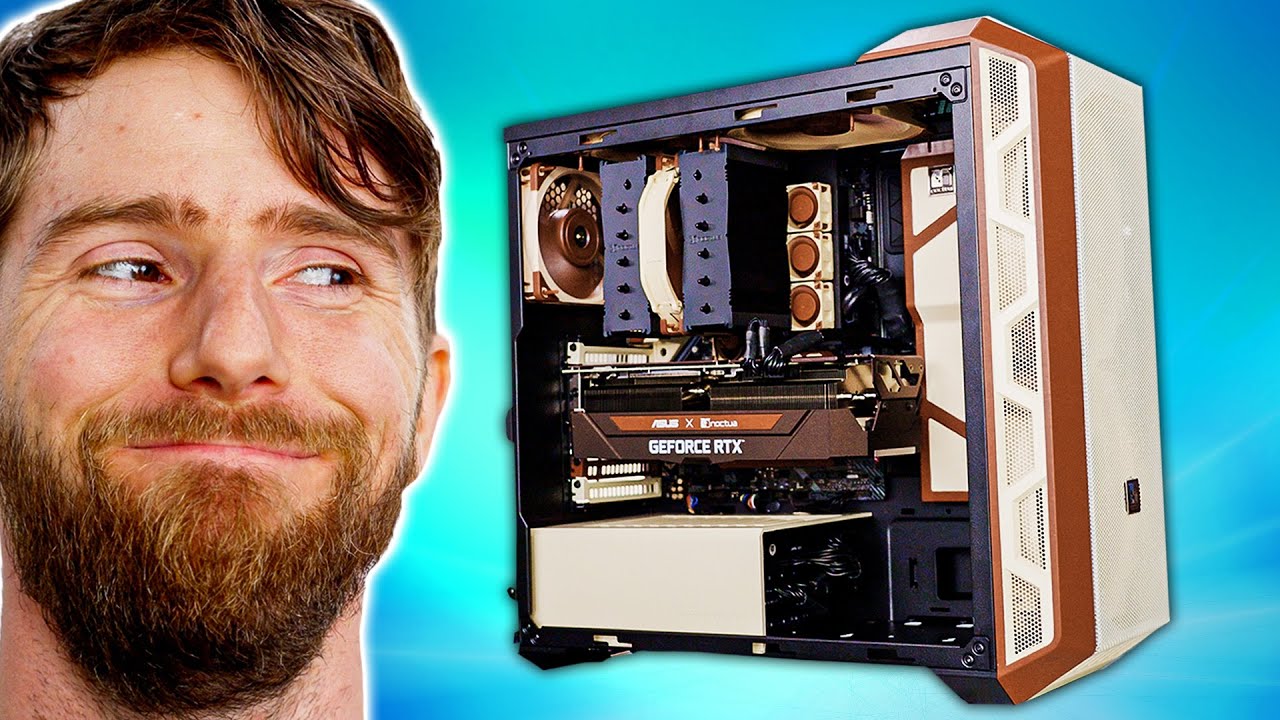
United Healthcare CEO Shooting: Executives Worry About Safety
Closed-circuit screenshots of a person of interest in the murder of UnitedHealthcare CEO.
Source: NYPD
UnitedHealthcare CEO Brian Thompson was shot and killed Wednesday while doing something many other American executives routinely do: walking unaccompanied to an investor event hosted by his company.
But Thompson’s death this week in the heart of America’s corporate capital has sent shockwaves through the business world, forcing companies to rethink the risks in even the most routine executive responsibilities.
“Everyone is struggling to say, ‘Are we safe?'” said Chuck Randolph, chief security officer at Ontic, a threat management software provider based in Austin, Texas. “This is a tipping point where the idea of executive protection is now being elevated to the board level. Everyone I know in the industry is feeling this.”
Threats against corporations have been increasing for years, fueled in part by the social media echo chamber and a more polarized political environment, according to security professionals. But the murder on a Manhattan sidewalk of Thompson, head of the largest private health insurer in the United States, is the highest-profile incident in decades.
Companies now fear that their leaders are at greater risk of being targeted for violence, especially as they hold more public events for investors in New York in the coming weeks.
The gunman remains at large and his motivation is unknown. Words written on shell casings found at the scene may offer clues as to what prompted the shooter.
One question from security experts not involved in the case was whether the shooter demonstrated grievances against UnitedHealthcare in online forums and sought information about the event for investors. Several health care companies reacted by pulling photos of executives from websites, and health insurer Centene held a virtual meeting with investors after the killing.
Thompson did not have any security equipment with him Wednesday morning, despite known threats against him, according to NYPD officials. None of the UnitedHealth executives received personal security benefits, according to company filings.
The mugs mark the location of shell casings found at the scene where United Healthcare CEO Brian Thompson was reportedly shot to death in Midtown Manhattan in New York City, US, on 4 December 2024.
Shannon Stapleton | Reuters
If Thompson had done it, several key factors would have been different. Staff would have gone to the hotel before his arrival to detect threats; He also would have been accompanied by armed security who could have used an alternate entrance to the hotel, said Scott Stewart, vice president of TorchStone Global.
“This was preventable,” said Stewart, who said he had been in the industry for nearly four decades. “I’ve never seen an executive with a comprehensive security program be victimized like that.”
Still, before this week’s shocking events, it was not unusual for executives to reject security because of the disruption to their lives, or the image it could create, several security veterans said.
“Not all CEOs need heavy duty protection,” said the security chief of a technology company who was not given permission to speak to the press. “Senior executives are subject to threats all day long, you need a platform to” examine them and determine whether they are credible and timely, he said.
‘Weapons, guards and doors’
Since Thompson’s murder, a broad spectrum of companies have sought additional protection for executives, Matthew Dumpert, CEO of Kroll Enterprise Security Risk Management, told CNBC.
In the coming weeks, there are several financial conferences in New York that CEOs are scheduled to attend in person. So far, the main concern about these events has been disruption by environmental activists or other protesters, said a manager at a large bank.
“Everyone is analyzing and thinking about the security of their senior officials,” said an executive at a major Wall Street firm who declined to be identified for fear of drawing attention.
Some corporate security veterans expressed that they are seen as a cost center whose leaders are “too buried in an organization to be heard.”
“The bias is that security is a headache for people and it’s not that important,” said the person, who requested anonymity to speak candidly.
“I hope this opens your eyes,” he said. “Information and risk assessment are important, and security is much more than weapons, guards and doors.”
— CNBC’s Jordan Novet, Bertha Coombs and Dan Mangan contributed to this report.







